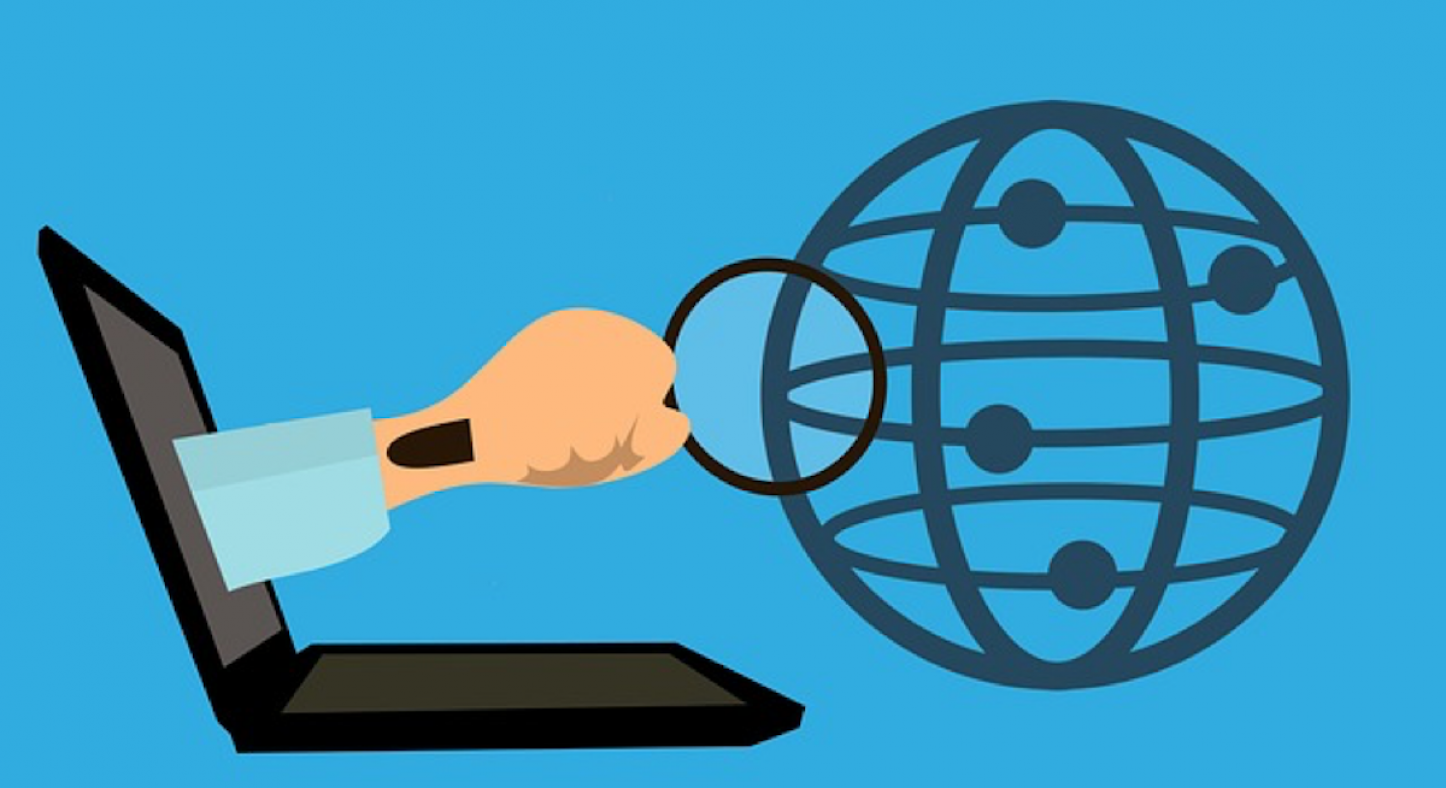Should you trust VPN providers?

Yes. You should allow yourself to trust people and companies in general. However, make that trust hard to earn. What am I saying?
I know that in this day and age, it’s hard to fully trust anyone or anything. It’s like everyone who’s sitting, breathing and walking atop this planet are minding their own interests and searching for new ways to benefit themselves all the time. This makes you think “Should I really trust such people? Should I really allow myself to give them the benefit of the doubt?”
Well, the answer is yes. You should.
Living with cynicism and distrust can be very stressful and upsetting. We all need each other and yet we all doubt each other. It’s crazy how after all this time, people still can’t see each other eye to eye. But I guess that’s just how things work. I guess it’s just us doing our very best to safeguard our own interests – and there’s nothing weird about that at all. If anything, I’d say it’s completely natural.
But why am I telling you to trust VPN providers nonetheless?
That is because you need them for the sake of security and safety of your personal information (read more). VPN providers, in a sense, are good guys. They try to protect your online security so that worse people cannot get to it. For you to understand the urgency of securing your online information, allow me to tell you a few of the horrible things that can happen to you when your personal information falls into the wrong hands.
Identity Theft

If you’ve ever watched movies like Bourne Identity or something, you would how important personal information is to a person. First off, people don’t need to see you personally to verify your identity all the time – especially when transactions are done online. Sure, some companies and agencies are courteous and careful enough to initiate video calls to verify the identities of their clients but most offices just ask for a scanned ID and a couple of other documents. If you have these types of data and documents stored online, then you’re definitely at risk. Some people – well, bad people may get a hold of these documents and use it for their benefit, even if it means manipulating, abusing or violating your identity. They can use your “person” to commit illegal activities and cybercrime. Next thing you know, you’re on the wanted list of some online community and you don’t know how in the world your name got entangled in such a situation. This is what we commonly refer to as identity theft and it’s something you never want to happen to you. A VPN may prevent such reality from ever materializing for it securely encrypts all your personal files online. Read this Forbes article on identity theft here: https://www.forbes.com/sites/forbesagencycouncil/2018/06/01/the-hidden-costs-of-identity-theft/.
Misuse of Financial Information
You know how sometimes we provide credit card information to some shops online so that we can make a purchase? Well, if you’re not careful enough, this information might be stored by default in your computer’s working memory. You may or may not have done it intentionally but thing is, when it is stored on your computer, some highly-skilled yet vicious people can get their hands on it and use it as they please. In order to retrieve or steal such data from your computer, they have to effectively trace your computer’s whereabouts – in other words, your IP. With a VPN, you can add an extra layer of protection to your financial information by masking your IP address. This means that when you browse online, “dark websters” and potential hackers are shown a fake IP addresses which is oftentimes non-existent too. This’ll give them a harder time trying to crack into your personal files and data and more often than not, they give up before they even come close – it’s that difficult to get over a VPN’s firewall so good luck to those who try.
What if you don’t secure your financial information? Well, let’s just say that worst case scenario; you get an email that you hit your credit card limit for purchases you didn’t authorize at all. You know how it is with online purchases; all they need is a valid number. No signatures; no passwords needed. According to VPN reviewer Tim Tremblay, if you don’t want to find yourself with a debt you can hardly pay with a minimum wage salary, then best keep your information secure. A VPN subscription is a small price to pay compared to having someone steal your financial information.
Now I ask you: Aren’t VPN providers worth the risk? Just be careful who you trust and make sure that you’re dealing with a legitimate company. Many online resources will help you uncover truth about service websites – whether they’re fake or not, whether they provide good services or not, etc.